Jaipur-headquartered Gravita India Limited, an Indian multinational company with a nonferrous metals (lead and aluminum) processing unit at Jaipur, Rajasthan, announced today that it had enhanced the production capacity of its existing lead recycling plant in West Africa from 12,000 MTPA to 16,200 MTPA.
The company carries out smelting of lead ore, lead concentrate, lead battery scrap, and aluminum scrap to produce secondary lead metal and aluminum ingots. It has made an INR 10-crore investment for the above expansion at its arm Recyclers Ghana Limited at Ghana, West Africa. To date, it has invested approx. INR 31 crore for the establishment of this recycling plant, having a capacity of 16,200 MTPA.
Gravita India is expecting a revenue contribution of approx. INR 200 crore and around 15% gross margin from this step-down subsidiary in fiscal year 2021-22.
Besides, it has accelerated the process of establishing a new unit at Mundra, Gujarat, due to a rise in domestic procurement. The Gujarat unit is expected to complete by August 2021.
“Establishment of Mundra plant will help the company in saving the inward and outward logistics cost as Mundra facility is much closer to the port, which, in turn, will reduce the working capital requirement of the company. Furthermore, the above expansions will increase the share of business from the overseas market, which will result in higher margins,” stated the company.
Going ahead, Gravita plans to focus on optimizing its overseas manufacturing facilities and improving its scrap collection network in India to help improve its profitability by reducing logistic costs of importing the scrap in India and reducing the working capital cycle.
This content is protected by copyright and may not be reused. If you want to cooperate with us and would like to reuse some of our content, please contact: editors@pv-magazine.com.
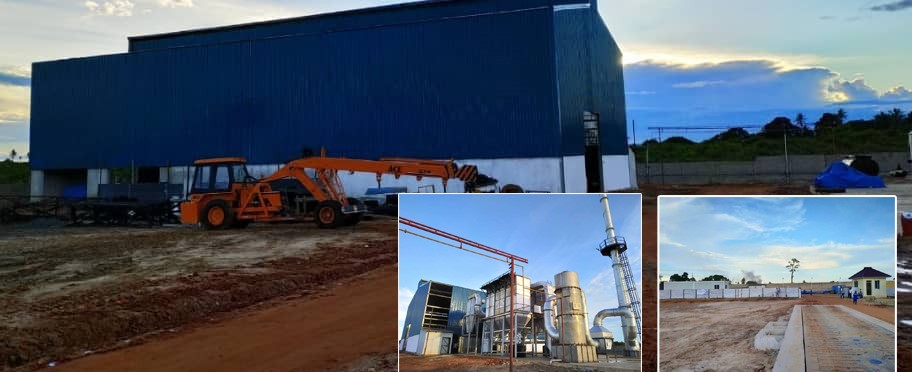
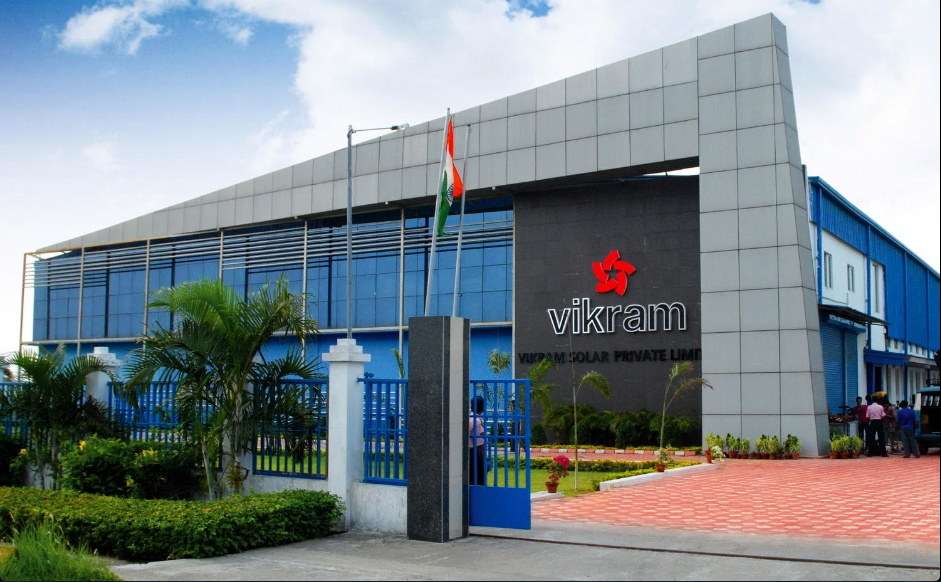


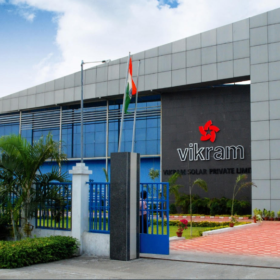
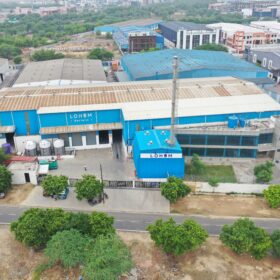

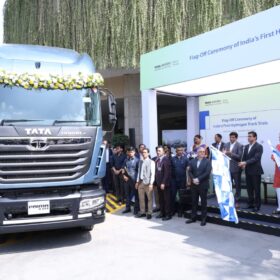
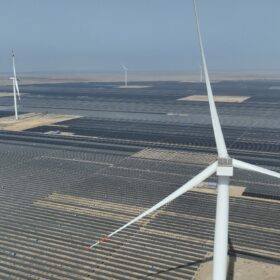
Traditional methods for recycling metal waste are energy-intensive, and some of them emit toxic by-products like ammonia and methane, as is often the case when recycling aluminium. To address this issue, a team of researchers from the National University of Singapore (NUS) developed a novel environmentally friendly method for transforming aluminium and magnesium waste into high-value, multi-functional aerogels.